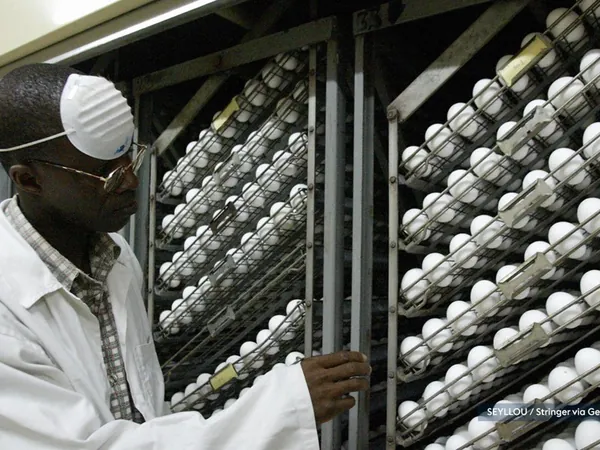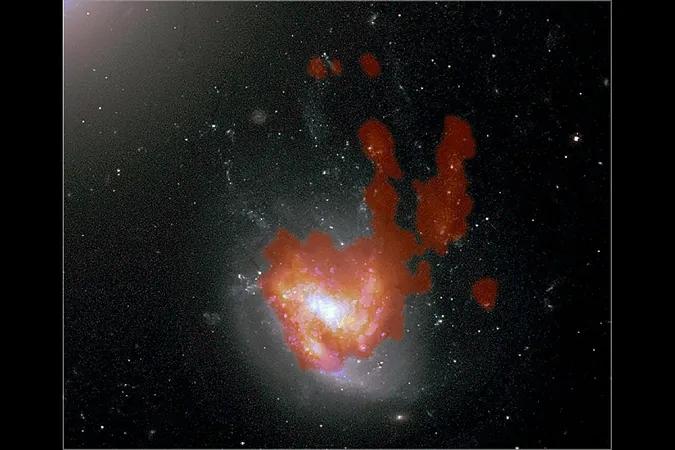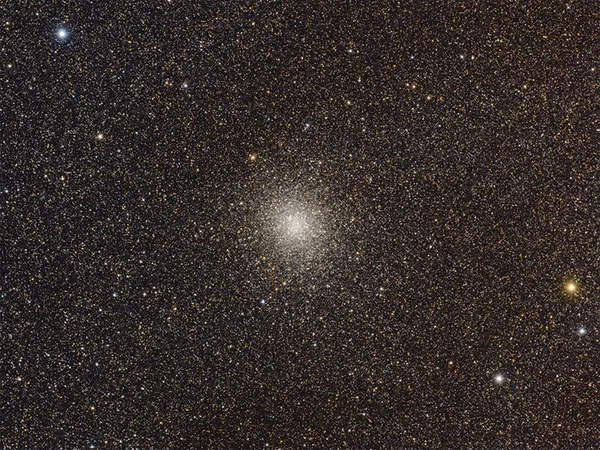
Senegal Leads the Charge for Africa’s Vaccine Independence
2025-05-07
Author: Arjun
Transforming Africa's Vaccine Landscape
For far too long, global vaccine production has been tightly held by a handful of regions, causing significant inequalities during the COVID-19 pandemic. As underserved nations struggled to obtain essential doses, the call for a more independent and capable vaccine manufacturing system has never been louder.
In response to this urgent need, the Coalition for Epidemic Preparedness Innovations (CEPI) has been investing in vaccine manufacturing partners across the Global South. Senegal is emerging as a key player in this initiative, poised to enhance Africa's ability to produce vaccines not just for routine immunization, but also in preparation for future health emergencies.
Inside Senegal’s Vaccine Revolution
In the bustling capital of Dakar, a dedicated team at the Institut Pasteur de Dakar (IPD) eagerly waits to receive pathogen-free eggs from Germany. These seemingly ordinary eggs play a crucial role in producing Yellow Fever vaccines, marking Senegal's historical significance in vaccine production.
For over 80 years, IPD has been Africa’s only facility recognized by the World Health Organization for its Yellow Fever vaccine. However, recent lessons from the COVID-19 crisis are propelling IPD into a new era, expanding its capabilities to produce vaccines for both existing diseases and emerging pathogens—dubbed Disease X.
A Partnership for Health Equity
In 2023, IPD and CEPI cemented their commitment to health equity with a groundbreaking 10-year, $50 million partnership. Dr. Joe Fitchett, Senior Adviser at IPD, describes this collaboration as a transformative effort aimed at ensuring that life-saving vaccines are accessible to low-income regions during public health crises.
A State-of-the-Art Vaccine Research Center
A significant milestone in this journey is the establishment of IPD’s new Vaccine Research Center, led by Dr. Marie-Angélique Sène. Equipped with cutting-edge bioreactors, this facility is set to amplify vaccine production capacity by an astounding 87 times, ensuring a rapid response to outbreaks.
Dr. Sène envisions that in the event of a pandemic, IPD could pivot to produce as many as one billion vaccines, reflecting a game-changing shift in Africa’s health security.
Beyond Yellow Fever: Diversifying Vaccine Production
The commitment to expand vaccine production transcends beyond just Yellow Fever. The ongoing pandemic revealed the need for vaccine sovereignty, prompting IPD to integrate innovative technologies like cell culture for diverse vaccine production.
Dr. Sène explains that this adaptable approach allows for the manufacturing of multiple vaccine candidates simultaneously, streamlining efficiency and resource management. Current efforts include developing vaccines for measles, rubella, and potential threats such as Lassa fever and Marburg virus.
A Future of Vaccine Accessibility
The Africa Centres for Disease Prevention and Control estimates that the continent's vaccine demand will soar to over 2.1 billion doses by 2040. IPD aims not only to meet this demand locally but also to position Senegal as a strategic vaccine hub for West Africa and beyond.
CEPI's support extends to other Global South vaccine manufacturers like Indonesia's Bio Farma, India's Serum Institute, South Africa's Aspen, and Brazil's Fiocruz. Together, they are paving the way for an equitable and resilient global vaccine framework.
A New Era for Global Health
As the world gears up for future health challenges, Senegal is stepping onto the global stage, demonstrating that with collaboration and investment, Africa can achieve vaccine independence. This monumental shift not only fortifies the continent’s health security but also stands as a beacon of hope for equitable global health access.




 Brasil (PT)
Brasil (PT)
 Canada (EN)
Canada (EN)
 Chile (ES)
Chile (ES)
 Česko (CS)
Česko (CS)
 대한민국 (KO)
대한민국 (KO)
 España (ES)
España (ES)
 France (FR)
France (FR)
 Hong Kong (EN)
Hong Kong (EN)
 Italia (IT)
Italia (IT)
 日本 (JA)
日本 (JA)
 Magyarország (HU)
Magyarország (HU)
 Norge (NO)
Norge (NO)
 Polska (PL)
Polska (PL)
 Schweiz (DE)
Schweiz (DE)
 Singapore (EN)
Singapore (EN)
 Sverige (SV)
Sverige (SV)
 Suomi (FI)
Suomi (FI)
 Türkiye (TR)
Türkiye (TR)
 الإمارات العربية المتحدة (AR)
الإمارات العربية المتحدة (AR)